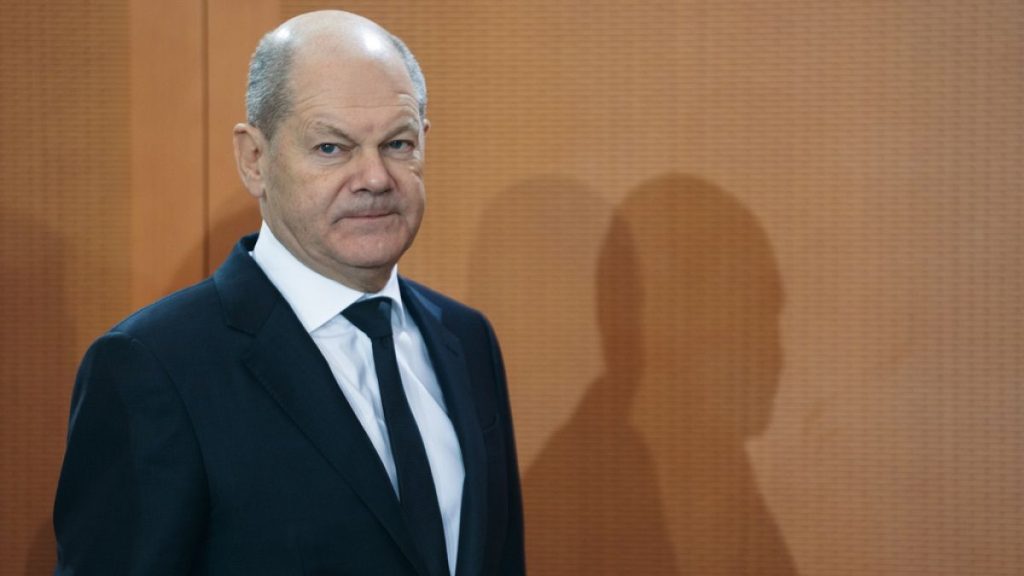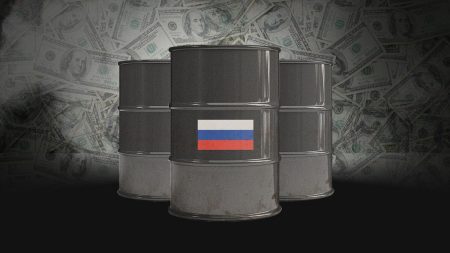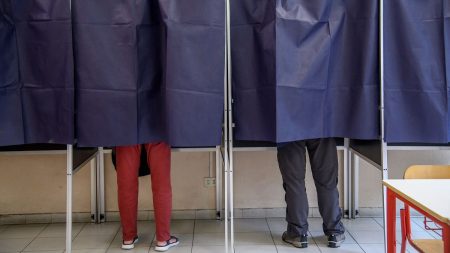German Chancellor Olaf Scholz’s calculated move to trigger a vote of no confidence in the Bundestag has set the stage for snap elections, a rare political maneuver in Germany’s postwar history. This decision, precipitated by the collapse of his “traffic light” coalition, reflects a strategic gamble by Scholz, echoing a similar tactic employed by former Chancellor Gerhard Schröder in 2005. While the outcome of the December 16th vote appears predetermined, with Scholz expected to lose, the subsequent process and its implications for Germany’s political landscape warrant deeper examination.
Scholz’s formal request for the confidence vote, submitted to Bundestag President Bärbel Bas and subsequently announced on his X (formerly Twitter) account, adheres to the constitutional stipulations outlined in Article 68 of the Basic Law. This article mandates a minimum 48-hour notice period before the vote can take place. The expected outcome – a majority voting against the Chancellor – will then empower Scholz to advise Federal President Frank-Walter Steinmeier to dissolve the parliament, a prerogative granted under the same constitutional article. While the ultimate decision rests with Steinmeier, his prior statements suggest a high likelihood of dissolution, pointing towards snap elections.
The chain of events leading to this juncture began with the implosion of the “traffic light” coalition – an alliance of the Social Democrats (SPD), the Free Democratic Party (FDP), and the Greens. The coalition, named for the parties’ respective colors, fractured irrevocably on November 6th, following Scholz’s dismissal of Finance Minister Christian Lindner, the FDP chairman. Scholz justified the dismissal by citing Lindner’s repeated breaches of trust and prioritizing his party’s survival over the coalition’s stability. This rupture deprived Scholz’s SPD of its parliamentary majority, rendering the government reliant on opposition support to pass legislation, a precarious and unsustainable position.
The looming parliamentary dissolution, expected to be formalized by Steinmeier, will necessitate fresh elections within 60 days, as per Article 39 of the Basic Law. While the date for the new elections has tentatively been set for February 23, 2025, the timing of Steinmeier’s official decision remains undisclosed. This uncertainty adds a layer of suspense to the already tense political climate. The impending elections will undoubtedly reshape the German political landscape, offering an opportunity for parties to realign and recalibrate their strategies.
This orchestrated move towards snap elections reflects a calculated risk by Scholz, mirroring Schröder’s 2005 gamble. Schröder, facing waning support and internal party conflicts, triggered a similar vote of no confidence, hoping to secure a renewed mandate through early elections. However, this tactic yielded a narrow victory for the center-right challenger, Angela Merkel, who subsequently became Chancellor. Scholz’s current predicament presents parallels to Schröder’s situation, although the specific political dynamics and challenges are unique to this context.
The upcoming elections carry significant implications for Germany’s political future. The fractured coalition landscape necessitates the formation of new alliances and compromises, potentially leading to a shift in power dynamics. The electorate’s response to the current political turmoil will play a crucial role in determining the composition of the next government. The outcome will undoubtedly influence Germany’s domestic and foreign policy directions, impacting its role within the European Union and on the global stage. The nation now awaits the unfolding of this political drama, with the December 16th vote serving as a pivotal moment in its democratic process. The subsequent campaign and election results will shape the course of German politics for years to come.










